Both India and Japan are now commemorating the fiftieth year of their diplomatic relations which have witnessed different vicissitudes. During the cold war years, ideological constraints created barriers to their closer understanding. In addition, India’s strict adherence to inward-looking economic strategies aroused serious reservations in the minds of the Japanese about their long-term economic interests in India. Bilateral relations, however, entered a new phase following the end of the cold war. Since then the absence of the ideological factor has contributed to a new process of broadening the parameters of Indo-Japanese relations. This process has been further reinforced by India’s adoption of economic liberalization programme. Notwithstanding their differences in the nuclear sphere, their interests converge on a number of global and regional security and economic issues. In the last couple of years, both countries have moved closer to expand their bilateral relations into a broader global partnership in order to address a range of issues affecting the world. The present volume is the outcome of a national seminar held in New Delhi. Contributors to this volume are distinguished specialists who examine Indo-Japanese relations from different perspectives including security, non-proliferation, foreign aid, investment, trade and culture.
India and Japan: Changing Dimensions of Partnership in the Post-Cold War Period
A detailed study of ...
$28.80
$32.00

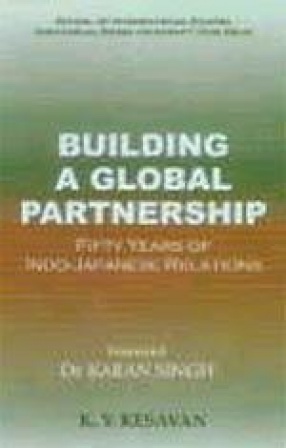
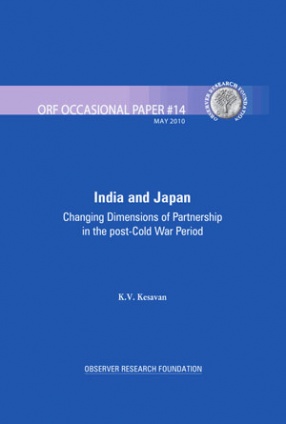
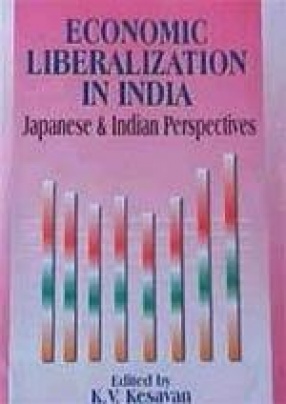
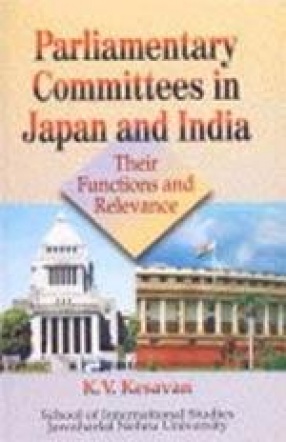

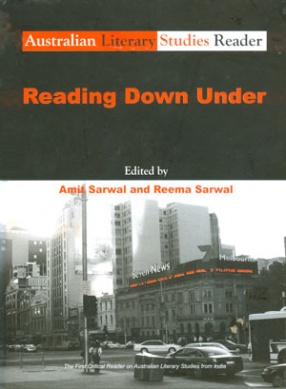

There are no reviews yet.